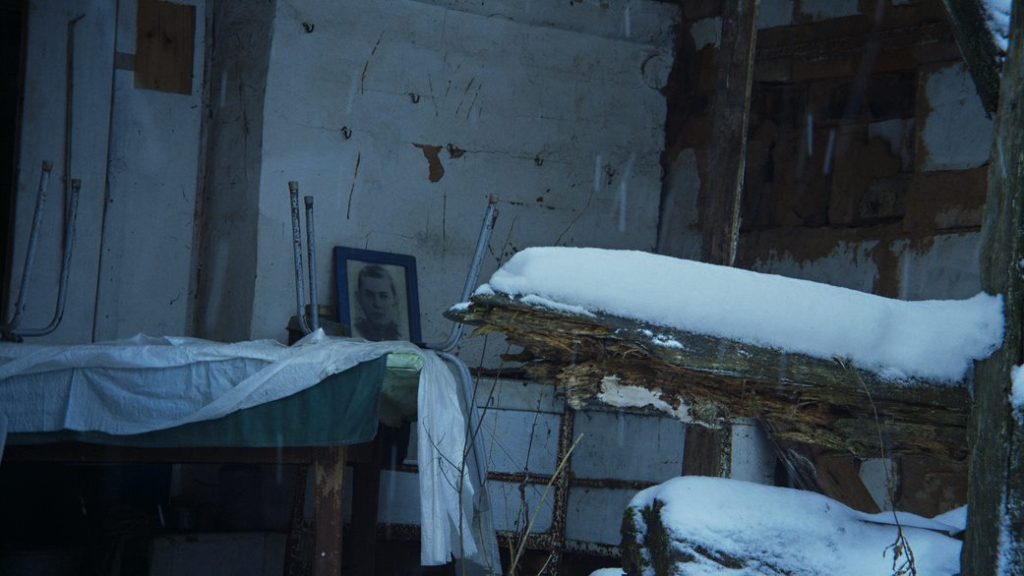Review: Latvian Coyote (2019)

As it is the case with the titular animal, the term “coyote” for a human trafficker who knows the uncharted routes over the border, originates from the Mexican-American border. But immigration (does not matter if it is illegal or legal) is a global process happening pretty much anywhere in the world, even in the backwoods parts or eastern Latvia that are unlucky enough to serve as the border of the European Union and Schengen Area. Ivars Zviedris takes us there in his compact observational documentary Latvian Coyote that we caught in the Baltic Films Competition of PÖFF (Black Nights Film Festival) in Tallinn, Estona, where it came with the award for the Best Eastern European Documentary at Jihlava.
Our titular anti-hero is the local man Gatis Pamils-Pamiljans, dit Pepe. We meet him at the courthouse, awaiting the verdict and sentencing. It was not the first time he was caught and he got away. Next time, he won’t be that lucky, but for him smuggling people across the border is the only way to make a life in an impoverished area where the work opportunities are scarce and the living conditions almost unimaginable. He and his colleagues and buddies live in wooden homestads where running water is considered a luxury.

As Zviedras informs us early on via the textual info-card, the phenomenon of the “Latvian coyotes” is rooted in unemployment and illegal migrations. The common denominator for both would be desperation: Pepe is as desperate as his clients he cares little about, even mocking them and genuinely wondering if they are in their right mind to come to his neck of the woods. The nature of the “game” is such that everybody is just doing their job: immigrants (in this case Vietnamese) make a leap to a better life, Pepe “assists” them for a price and the border police chases all of them sometimes with sadistic vigour, but usually with bureaucratic indifference.
Zviedras, whose background is also in the cinematography department, opts for the right approach not to script and comment anything himself, but to let his subjects speak from themselves. The world we see is ugly and desperate, almost apocalyptic, the communication is filled with negative feelings and emotions, varying from the “friendly” and marital banter to casual racism coming from the mouths of both the smugglers and the police officers.
The only “comments” the filmmaker makes are of the visual nature, usually in close-ups, fixating on the details that speak more than thousand words. The visual component is the film’s strong point. Zviedras handles the cinematography together with his editor Harolds Ozols, playing with the focus and also blending the different image formats (especially early on, when we see the action from the perspective of the police, with night vision cameras, monitors in the helicopter etc). He also puts the droning musical score by Toms and Otto Auninš to a good use, dictating the emotions from fear to desperation to the brief notions of idyll, featuring the nature and the domestic animals, suggesting that so-called life is even a little bit possible with the change of paradygm.
Original title: Valkatajs
Year: 2019
Runtime: 70’
Country: Latvia
Languages: Latvian, English, Russian, Vietnamese
Directed by: Ivars Zviedris
Cinematography by: Ivars Zviedris, Haralds Ozols
Editing by: Haralds Ozols
Music by: Toms Auninš, Otto Auninš
Colourist: Janis Blanks
Produced by: Marta Bite, Ivars Zviedris
Production company: Taskovski Films Ltd, Dokumentalists
Supported by: National Film Centre of Latvia, Latvijas Televizija, Valsts Kulterkapitala Fonds
















